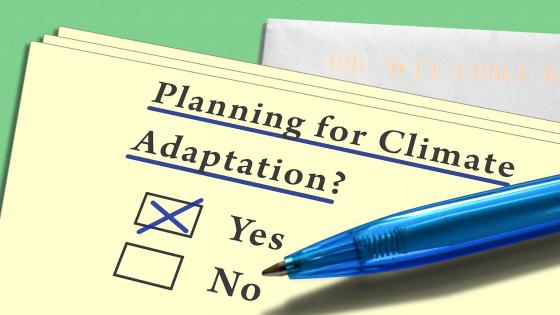DP2277 A Theory of Political Transitions
We develop a theory of political transitions inspired in part by the experiences of Western Europe and Latin America. Nondemocratic societies are controlled by a rich elite. The initially disenfranchised poor can contest power by threatening social unrest or revolution, and this may force the elite to democratize. Democracy may not consolidate because it is more redistributive than a nondemocratic regime, and this gives the elite an incentive to mount a coup. Because inequality makes democracy more costly for the elite, highly unequal societies are less likely to consolidate democracy and may end up oscillating between regimes or in a nondemocratic repressive regime. An unequal society is likely to experience fiscal volatility, but the relationship between inequality and redistribution is nonmonotonic; societies with intermediate levels of inequality consolidate democracy and redistribute more than both very equal and very unequal countries. We also show that asset redistribution, such as educational and land reform, may be used to consolidate both democratic and nondemocratic regimes.


